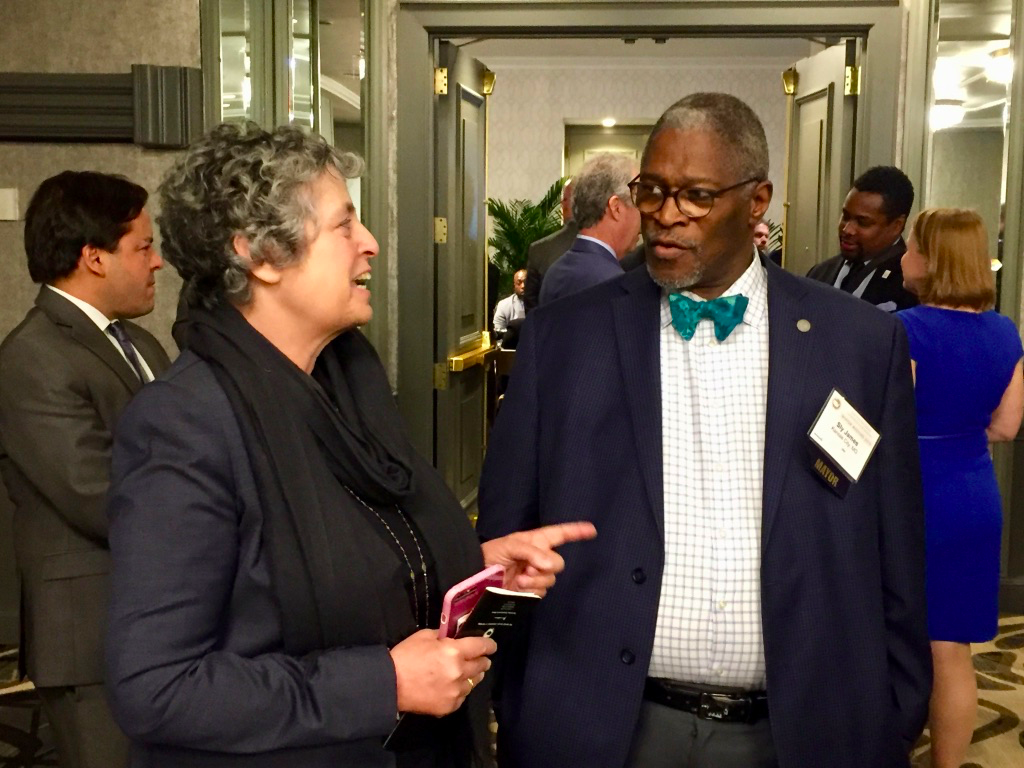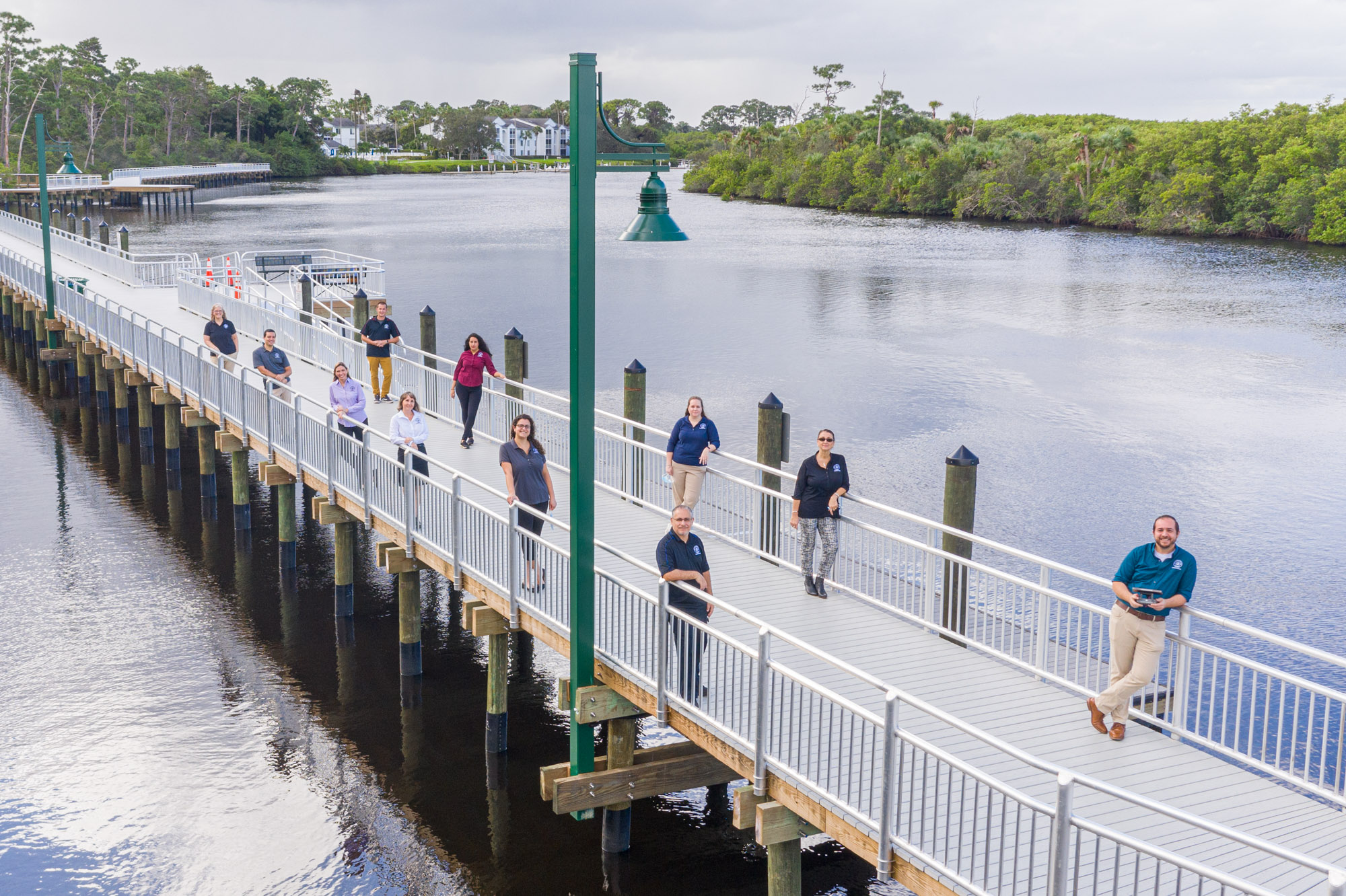About the Award
The Sharman Stein Memorial Award for Storytelling Changemakers recognizes an individual city or county government employee or team who draws on the power of public communication to cultivate trust and collaboration between residents and their local governments.
The annual prize is given by Results for America, which leads What Works Cities, a Bloomberg Philanthropies initiative that helps cities use evidence and data to tackle their most pressing challenges.
Sharman Stein, What Works Cities’ founding Director of Communications, worked tirelessly to realize a world in which local governments and residents converse and collaborate to make cities better places to call home. She called on local governments to commit to finding and telling stories that matter, to open channels of communication with their community, and to listen actively, even when the message was challenging or uncomfortable. It was in this open dialogue that she saw the greatest potential for driving progress and cultivating trust.
Winners of the award have created innovative resources that make exploring city data easier, engaged residents on budgets and billing, executed COVID-19 outreach, and more.
Apply Here.
About Sharman

Stein’s belief in the power of storytelling to drive change was evident throughout her career. She spent decades working as a journalist for newspapers across the country before going on to lead communications for city agencies and nonprofits in New York City, concluding with her time at What Works Cities. Stein passed away from ovarian cancer in May 2018.
Sharman was What Works Cities’ founding Director of Communications and came to the initiative with decades of experience working first as a journalist for newspapers across the U.S., then at city agencies and nonprofits in New York City. She drew on the depth of that experience in our work together by asking the difficult questions that urged city staff to re-see their work from the outside in, intuiting cities’ challenges and conceiving of possible solutions as only a former civil servant could, and unearthing the stories of change that cities too often left untold.
She was the voice ensuring we were solving real problems in cities, and amplifying those stories so that other cities could learn from them. Her talent, wit, and commitment to get to the heart of a matter made our work better, and made us all better. Around the country, cities are having more meaningful dialogues with their residents and better addressing their needs because of Sharman.
Sharman’s notable projects and accomplishments at What Works Cities were many. She helped us launch our Certification program, the first-ever national standard of excellence for data-driven local governments. She accelerated a national movement of cities committed to better serving their residents, and helped each of our 100 What Works cities build the communications skills to share that commitment with their own communities. She led the creation of our How Local Governments Are Changing Lives report, which showcased how cities are using “what works” practices to address homelessness and other issues, ensure equitable service delivery, allocate resources most efficiently, make homes safer and neighborhoods more livable, and much more.

Sharman and Mayor Sly James of Kansas City, Missouri
Even while undergoing treatment for ovarian cancer, she visited many of our What Works cities, going on the ground to see their work up close, then help them share their successes and tackle their pressing challenges.
In Kansas City, Missouri, she shared Mayor Sly James’ vision for aligning the City’s priorities with those of the community and for using data not only to measure results but also to update residents on progress.
In Hartford, Connecticut, she captured the story of a formerly incarcerated teen who was getting a fresh start through a city program providing workforce readiness to at-risk youth.
In Corona, California, she donned a hard hat as the head of the Department of Water and Power explained how he is incorporating data and analytics in everything from more effectively responding to power outages to most efficiently managing the City’s water system.

Sharman at a water treatment plant in Corona, California
In Gilbert, Arizona, she captured inspiration all What Works cities can learn from in how the Town is fostering transparency and civic engagement and bolstering its open data program through its digital communications strategy.
She imagined — and worked tirelessly to realize — a world in which local governments and residents converse and collaborate with each other and, together, make cities better places to call home.
“If you talk about data, if you use data as part of your conversation with your residents, if you are transparent about publishing data of your progress, then you invite the public in to not only see what you’re doing, but to participate in using the data as a starting point.”
-Sharman Stein
